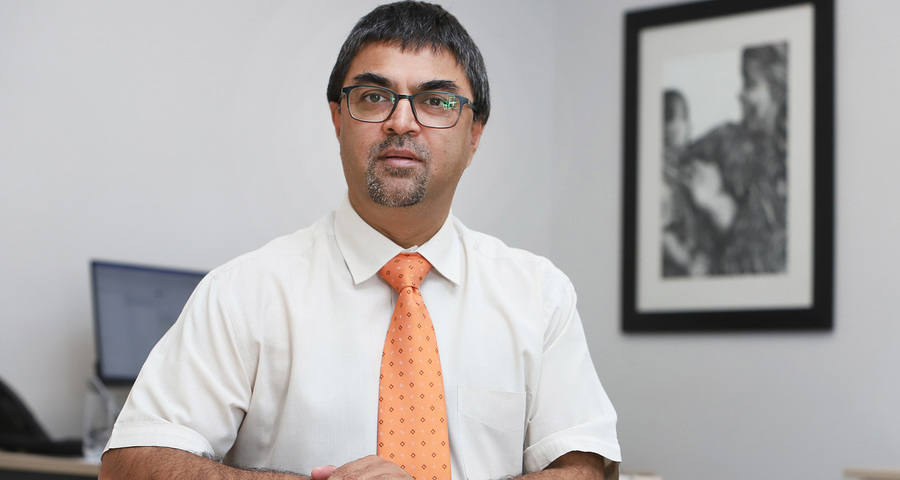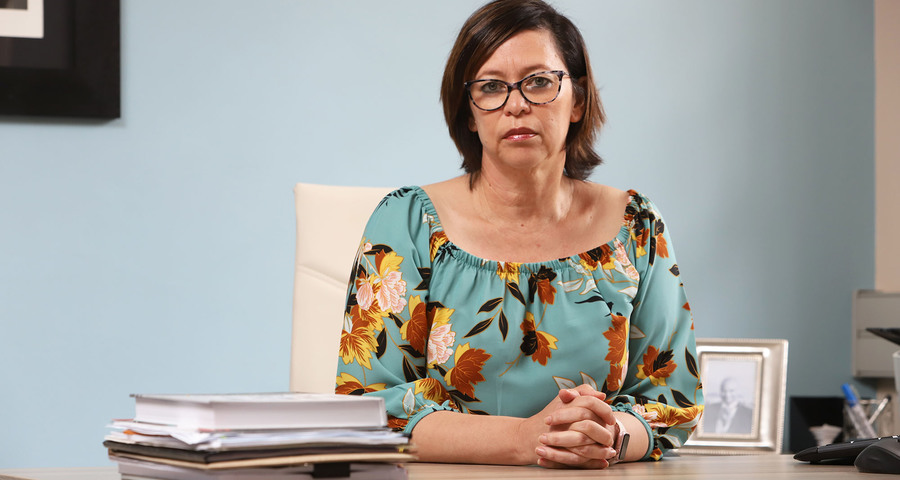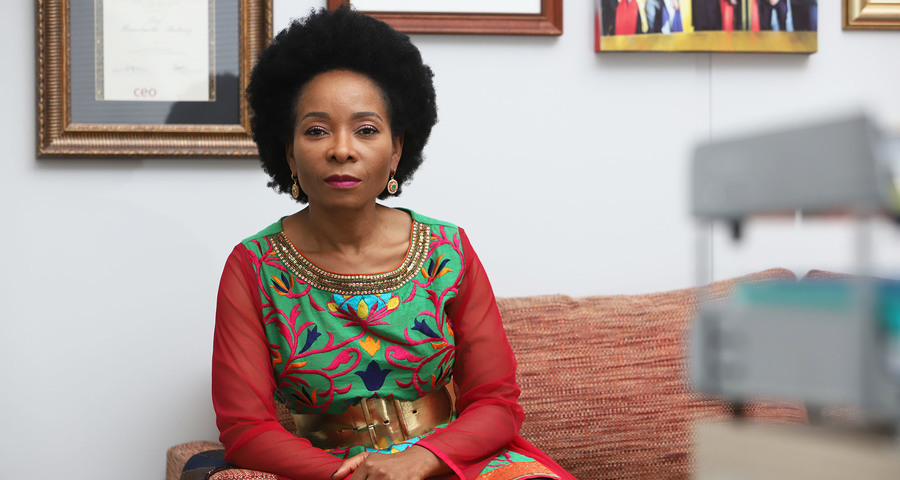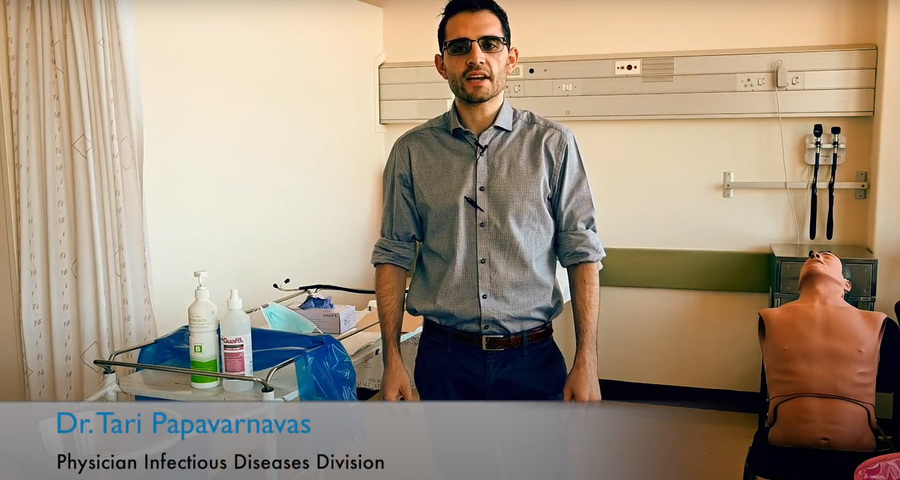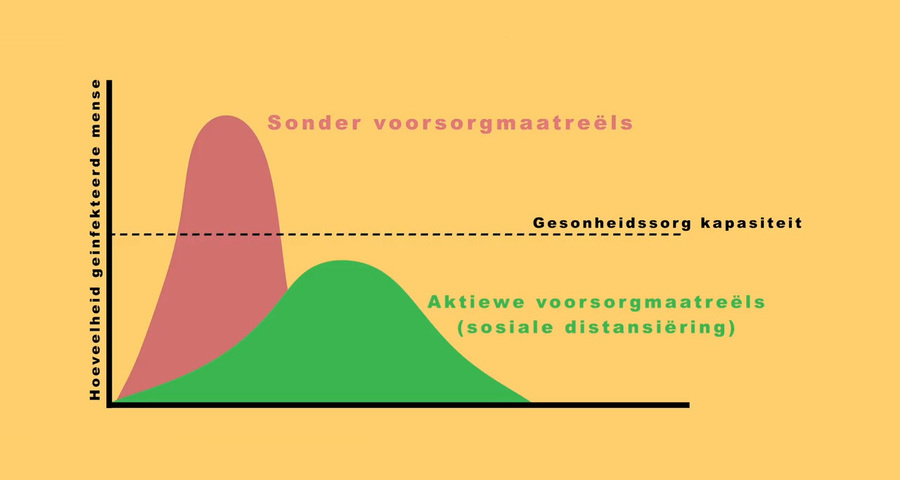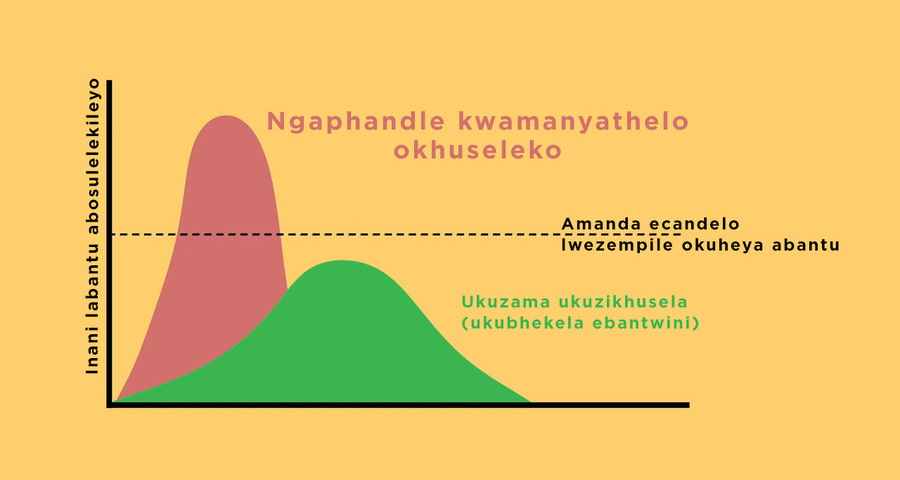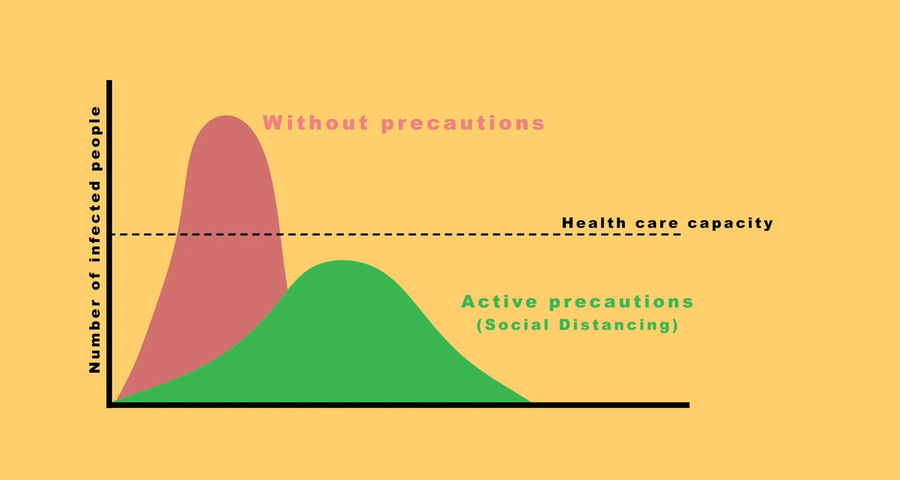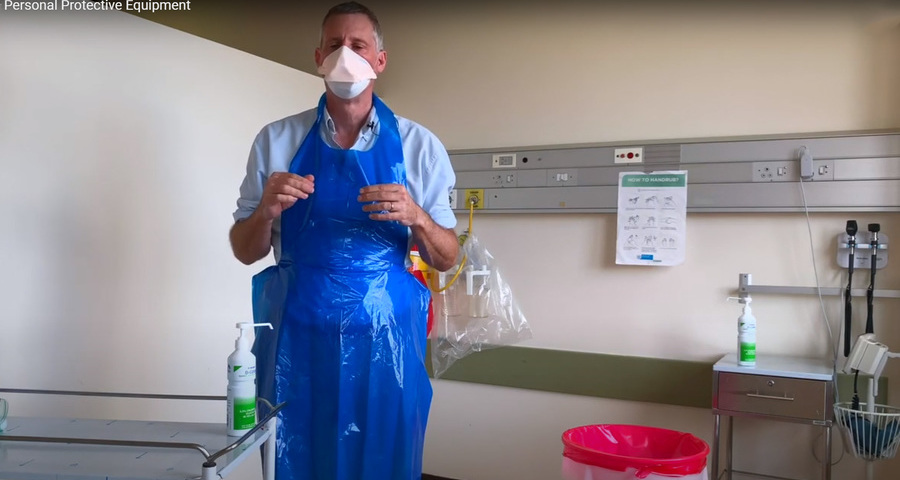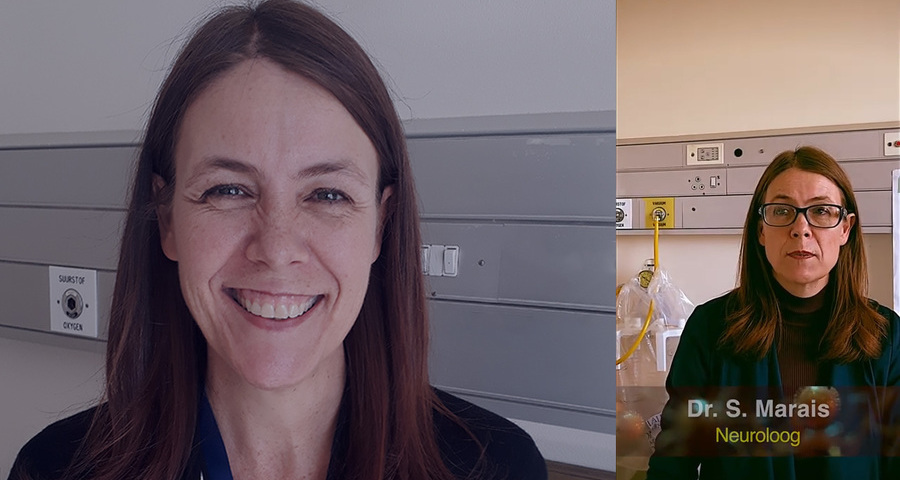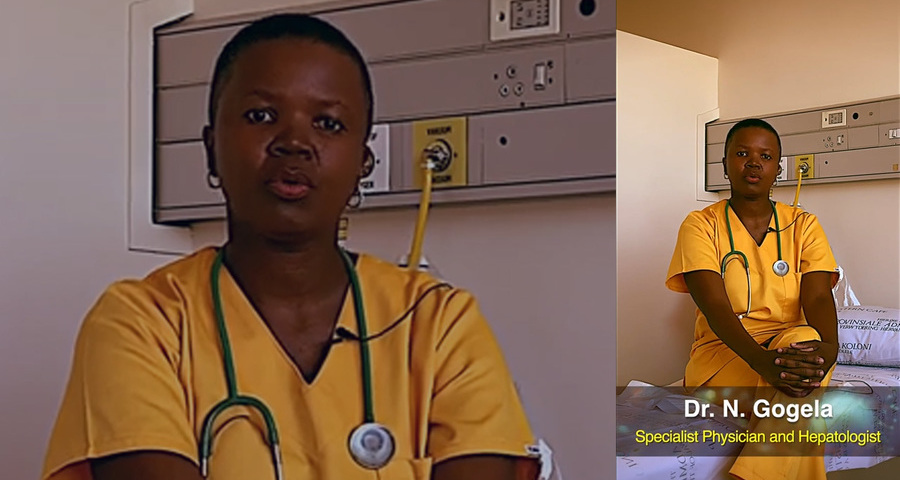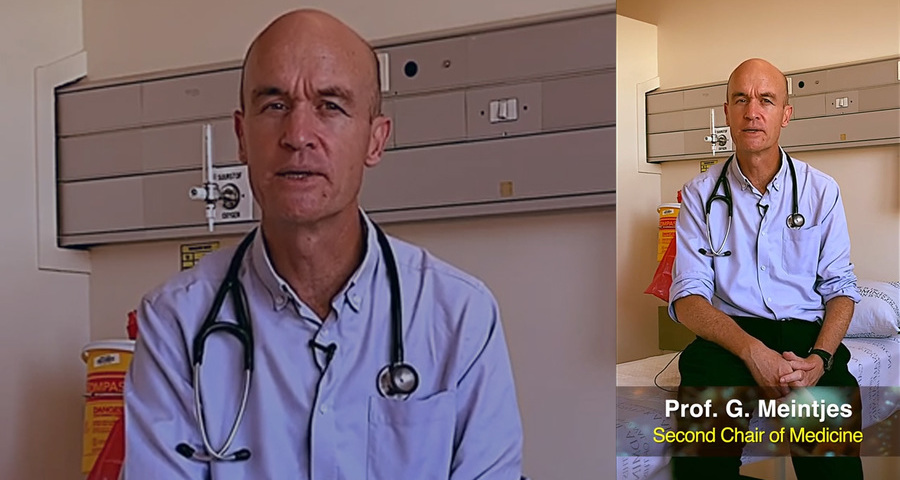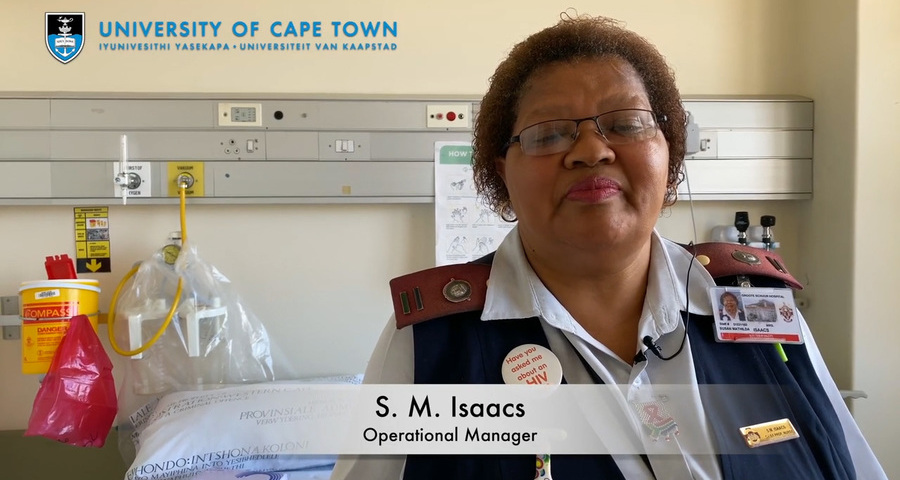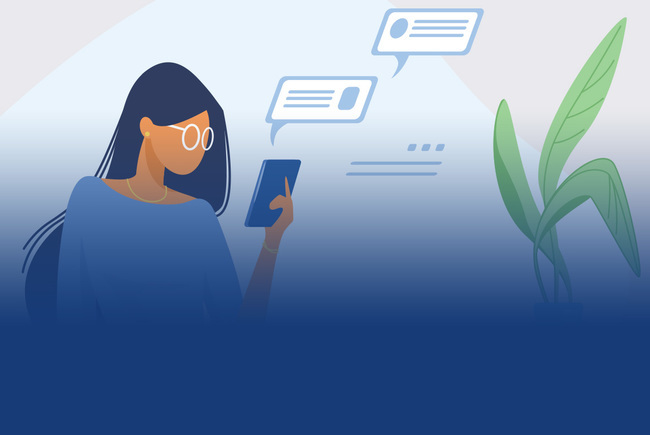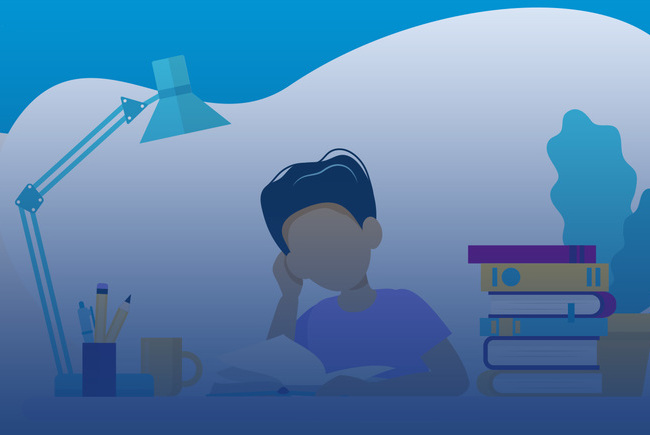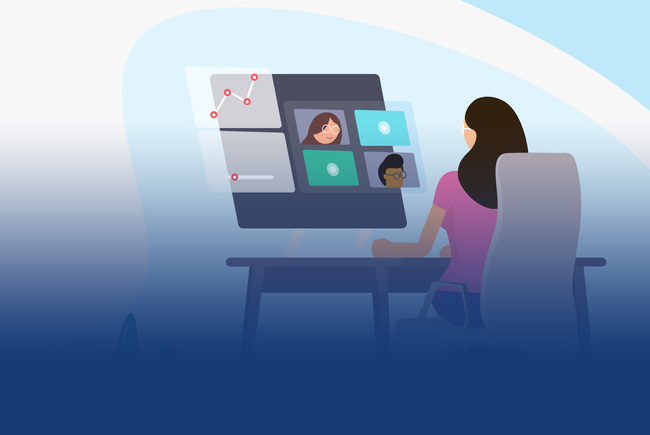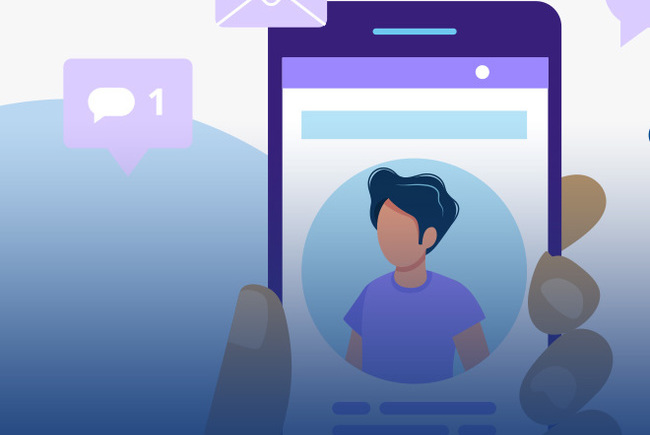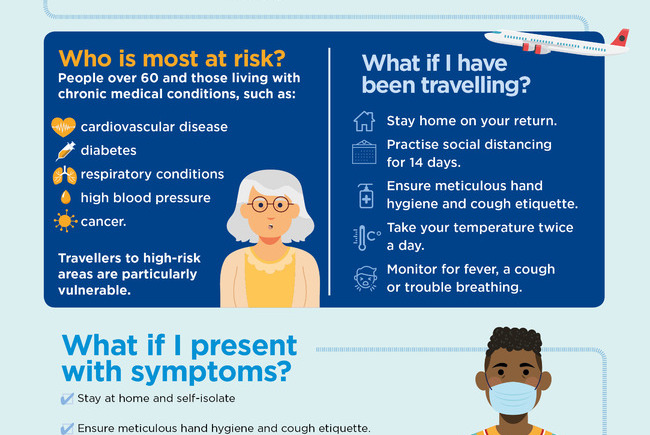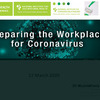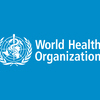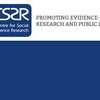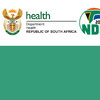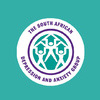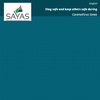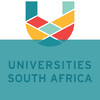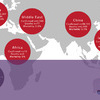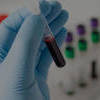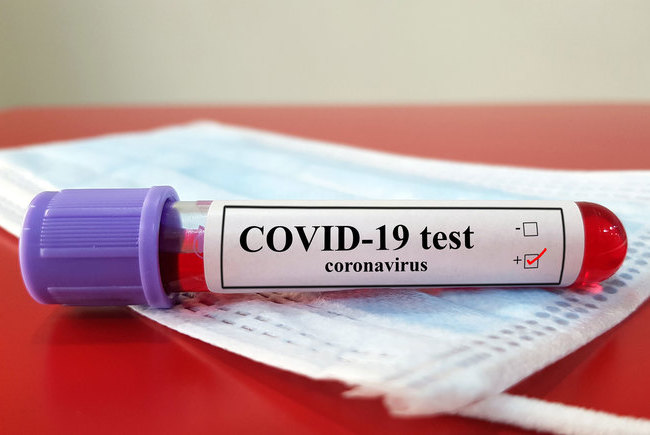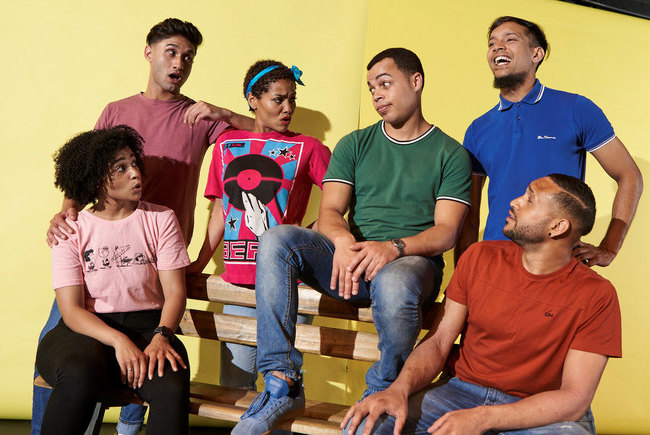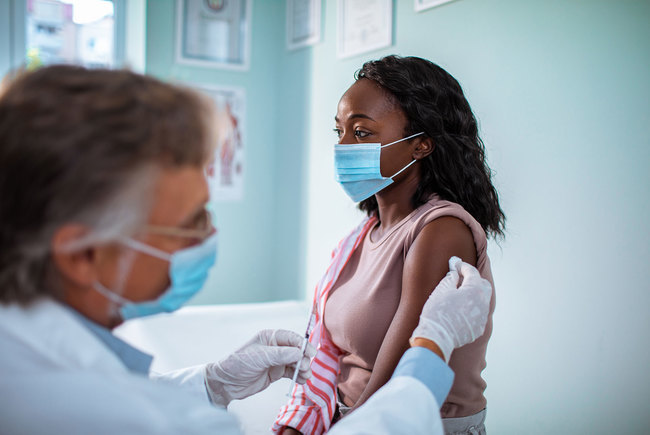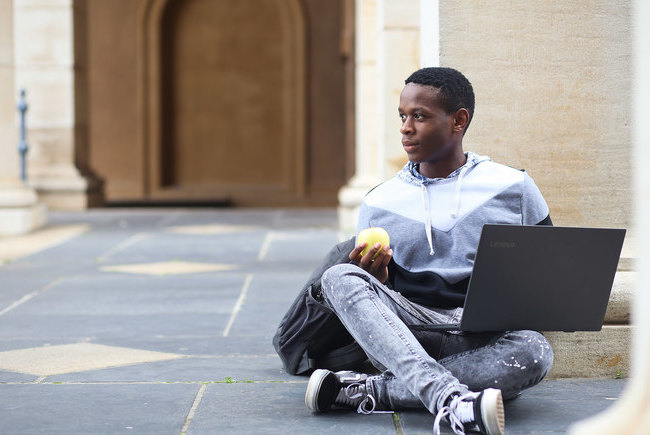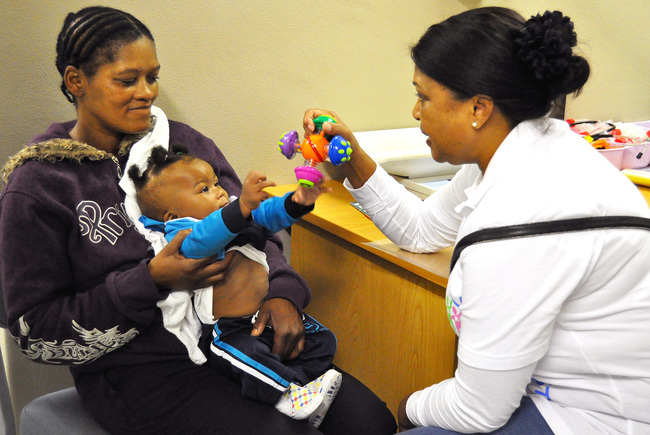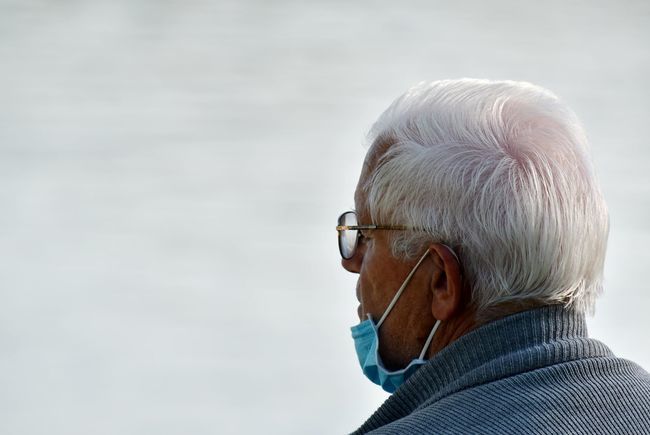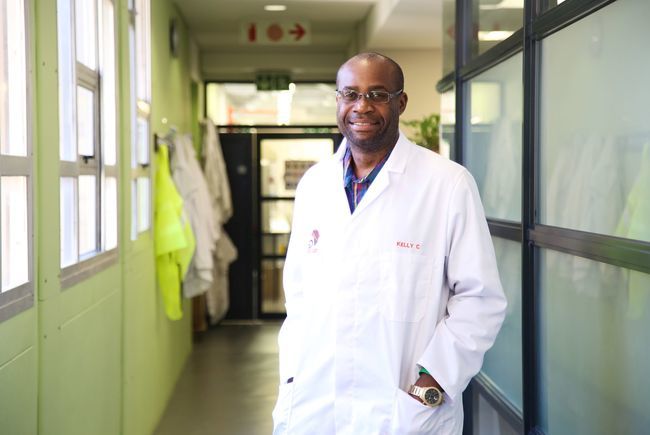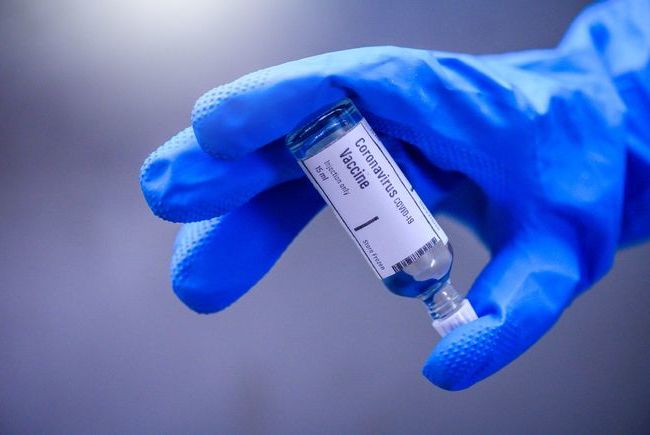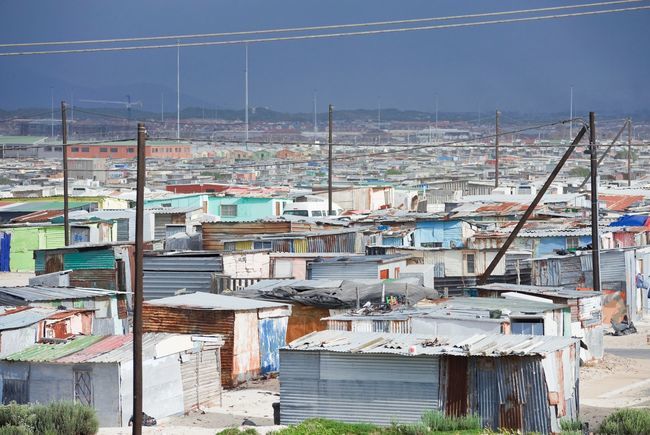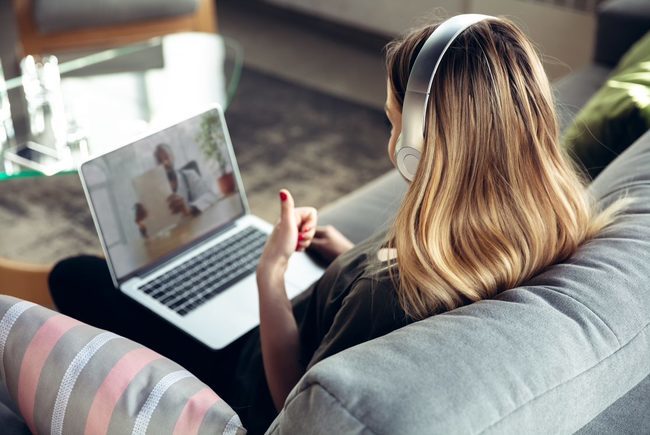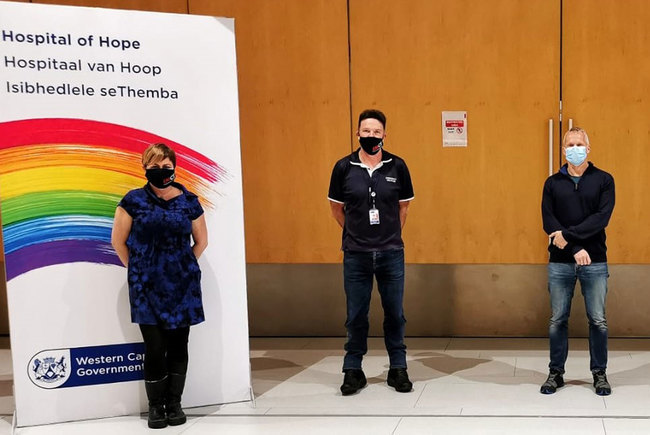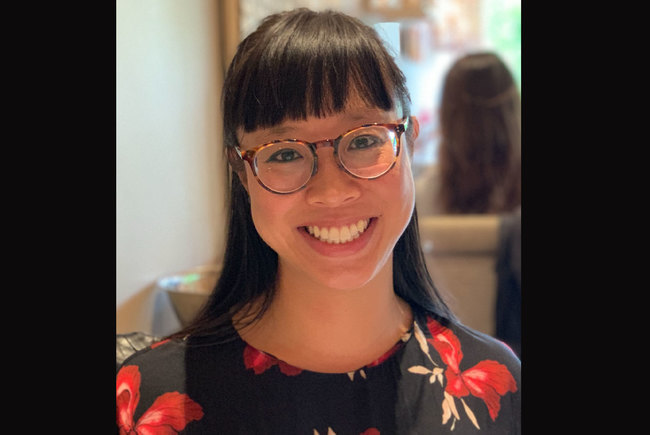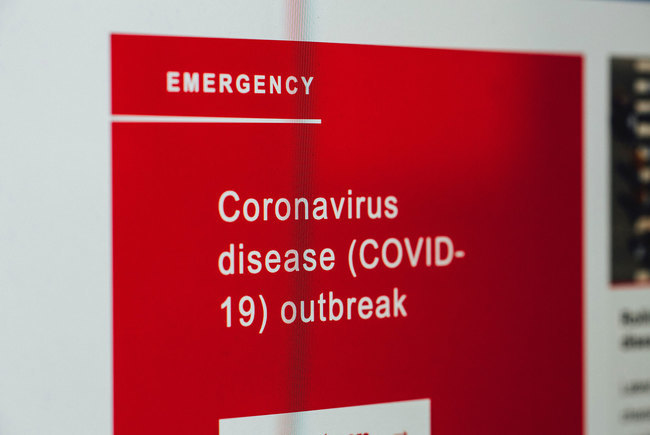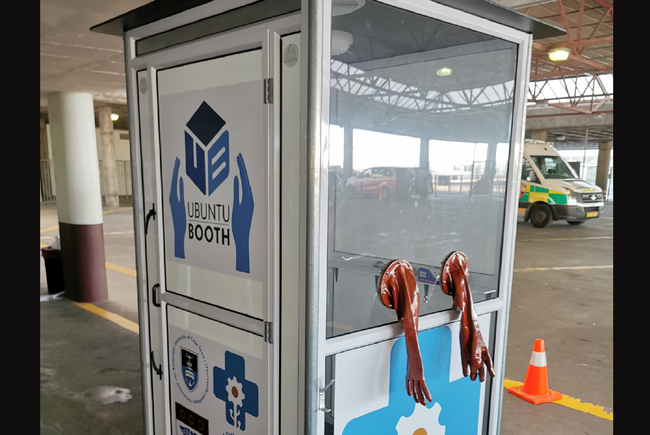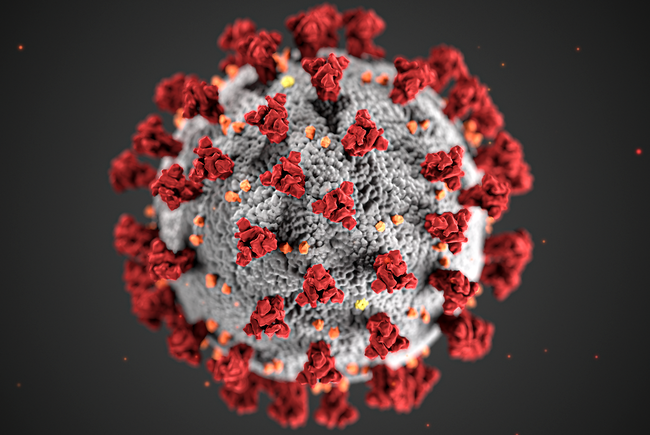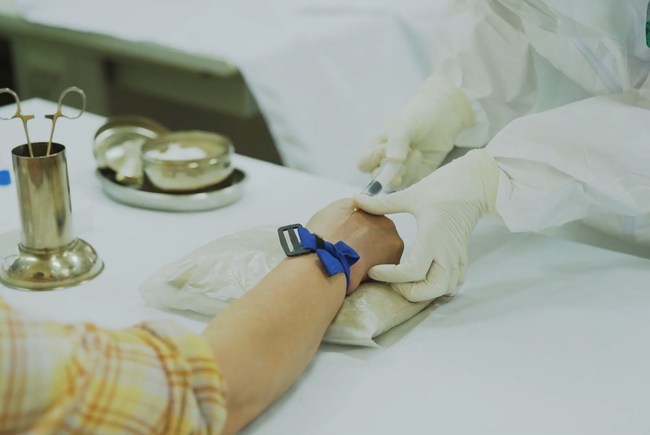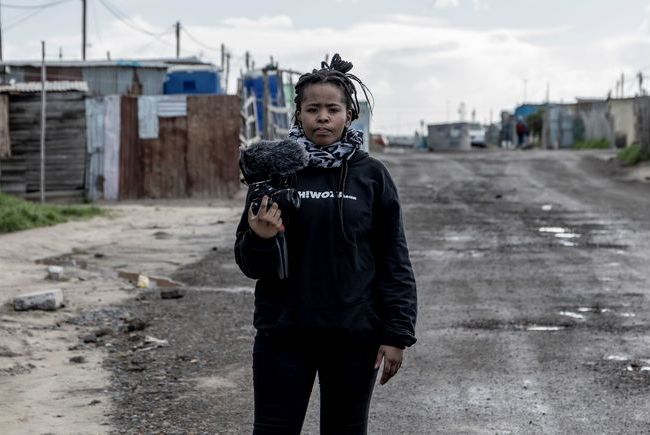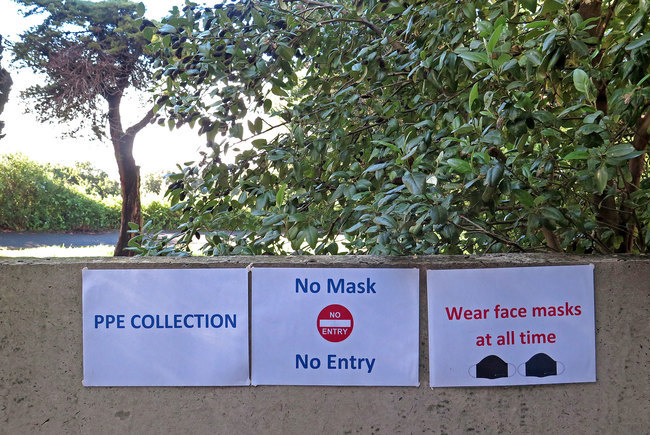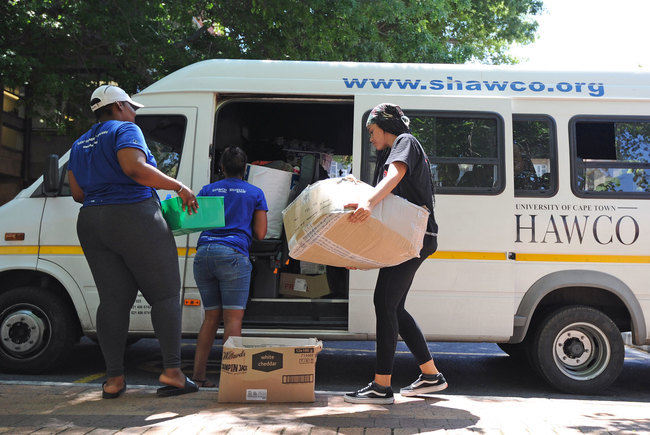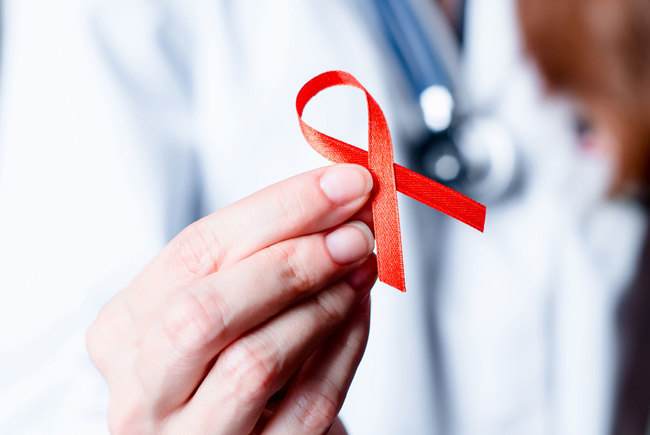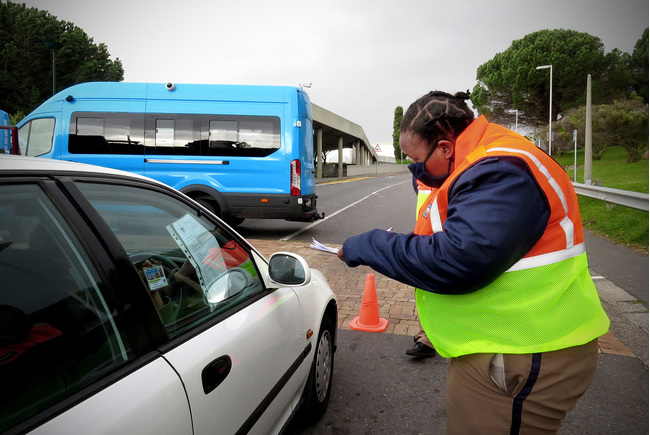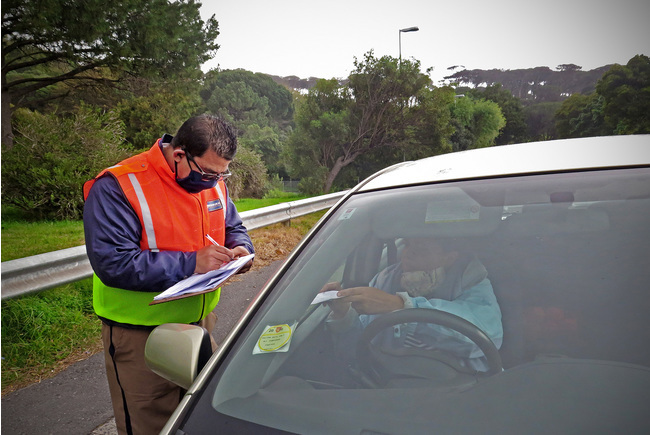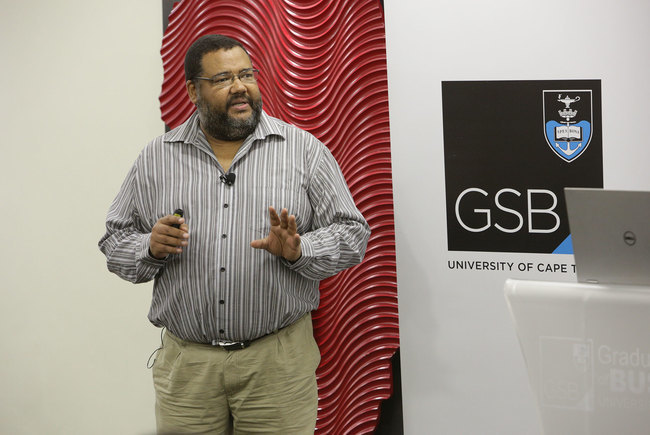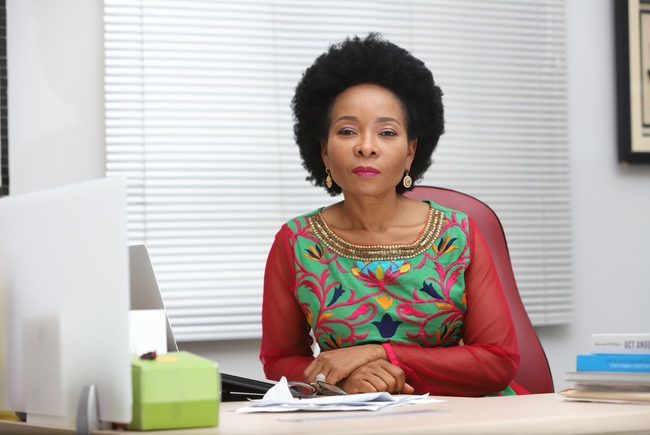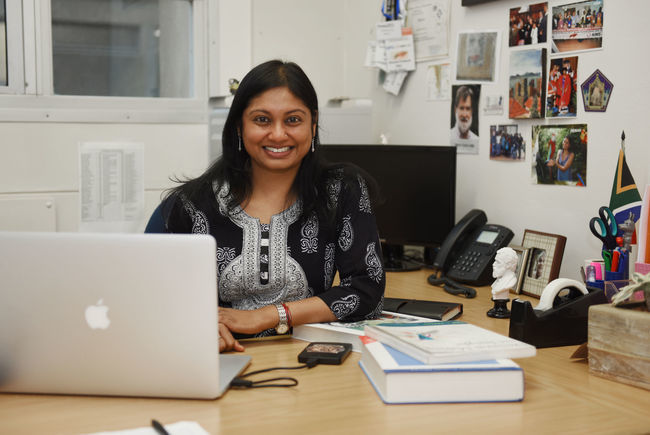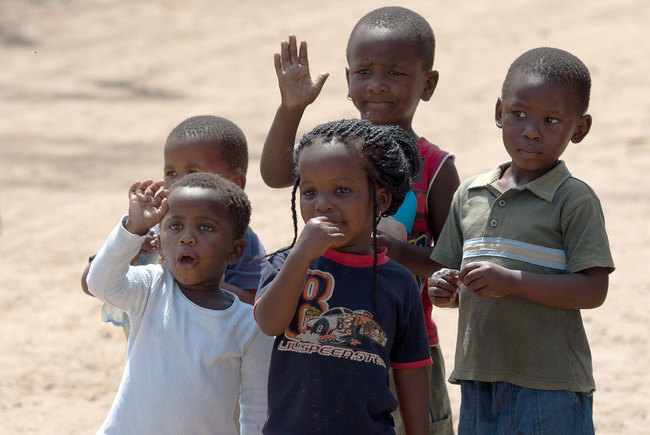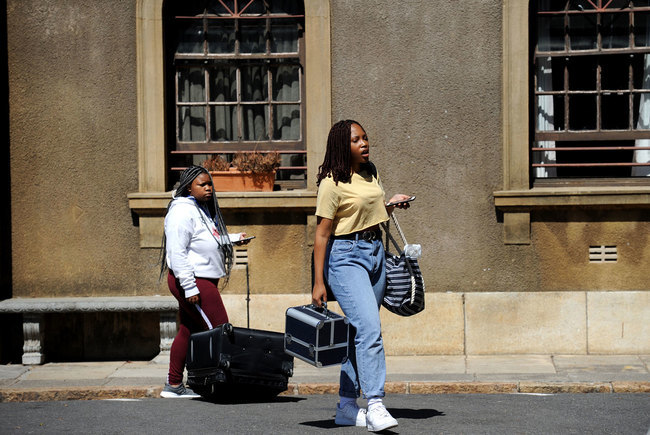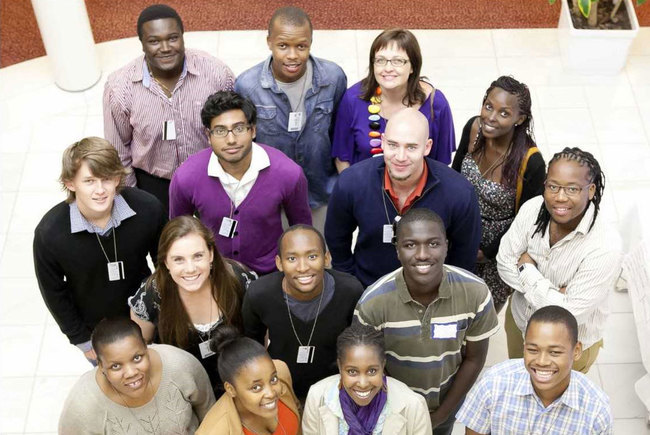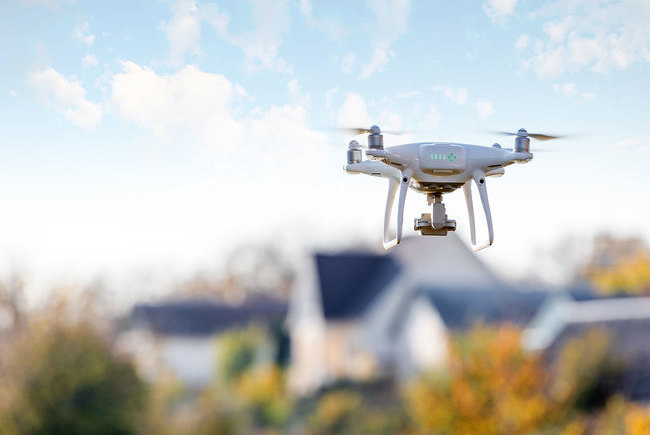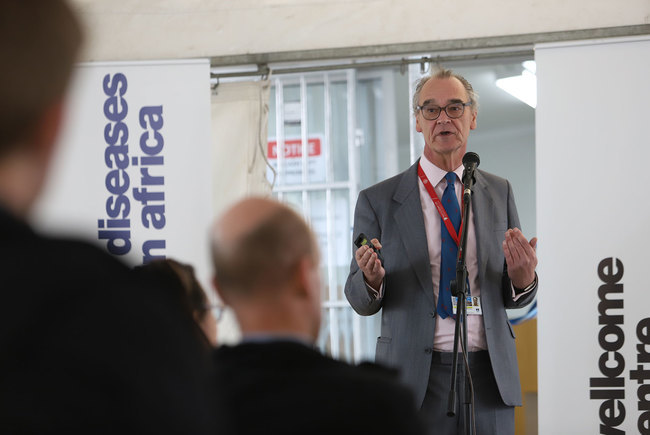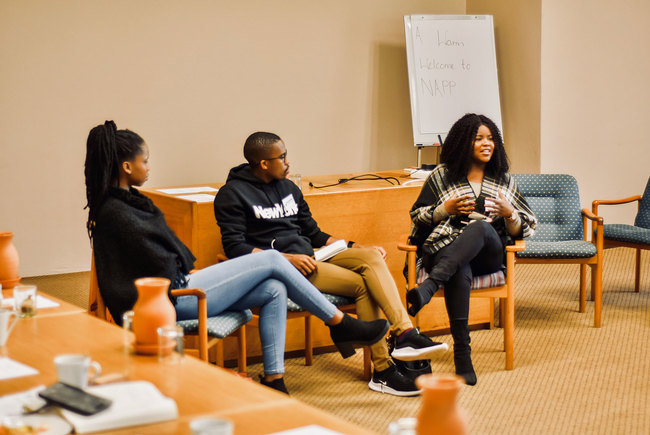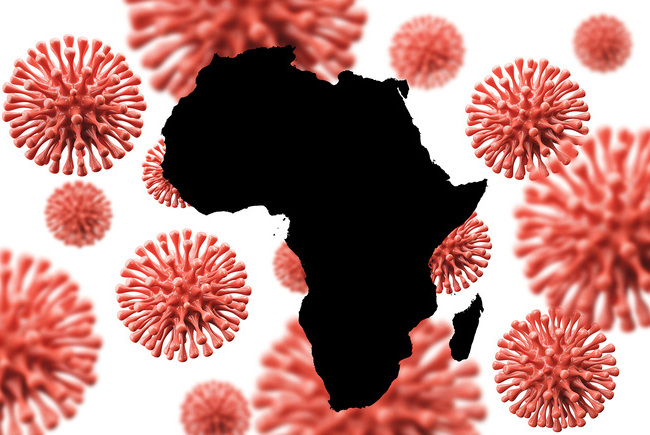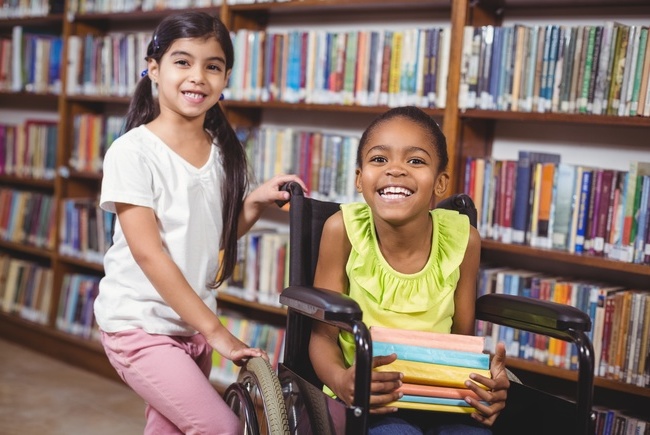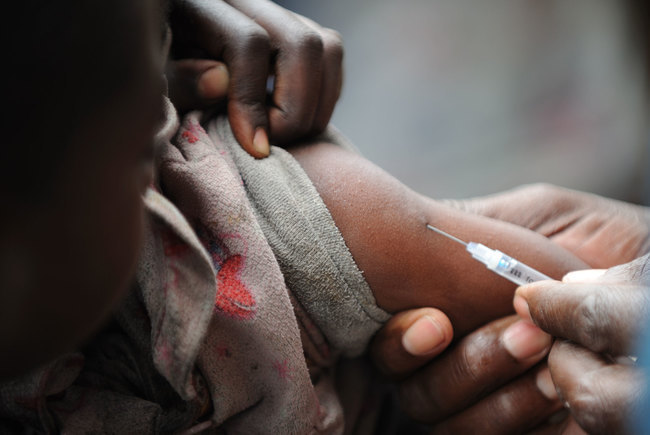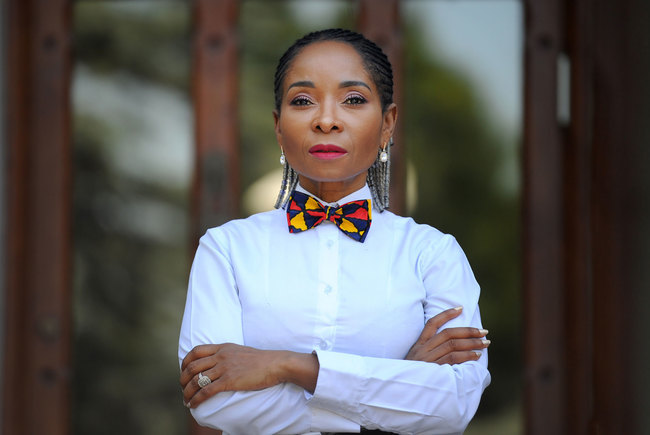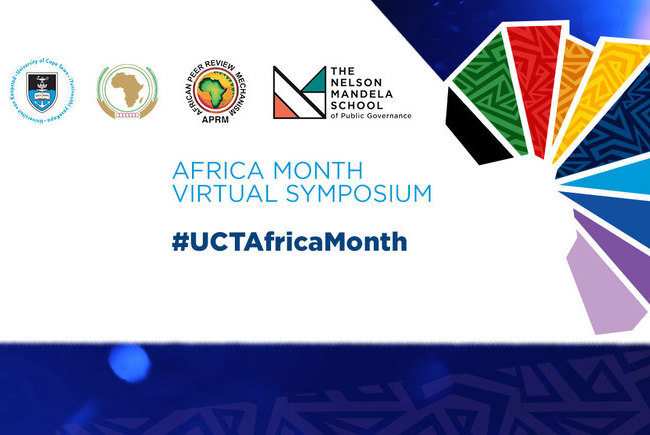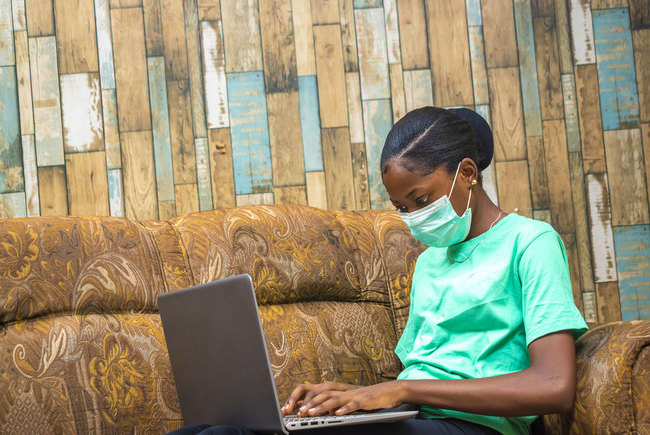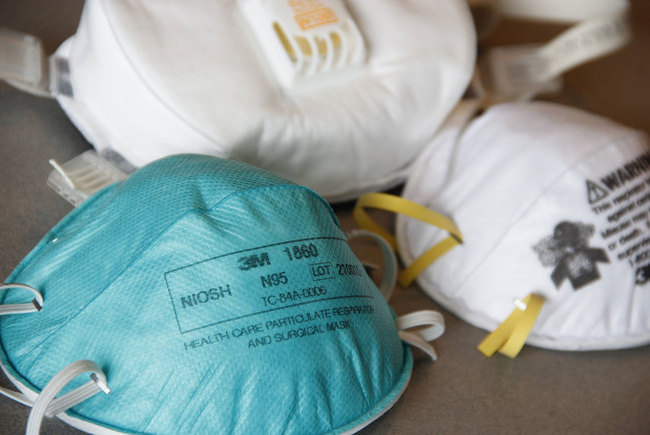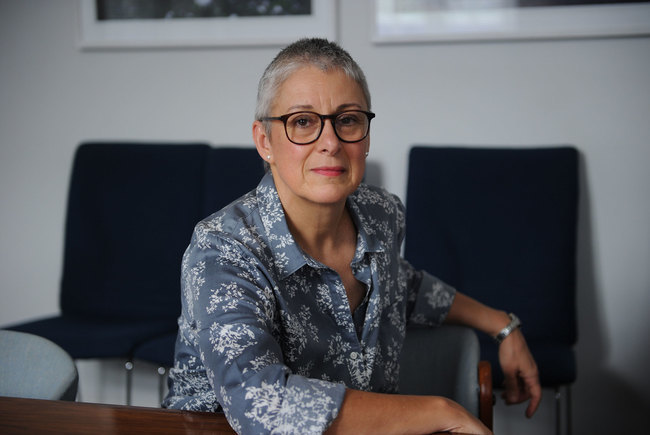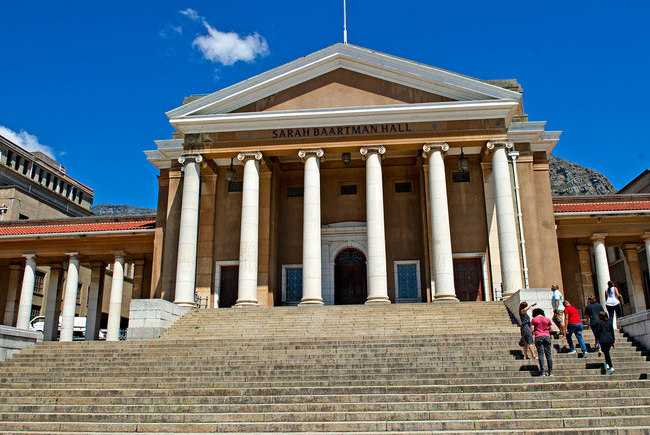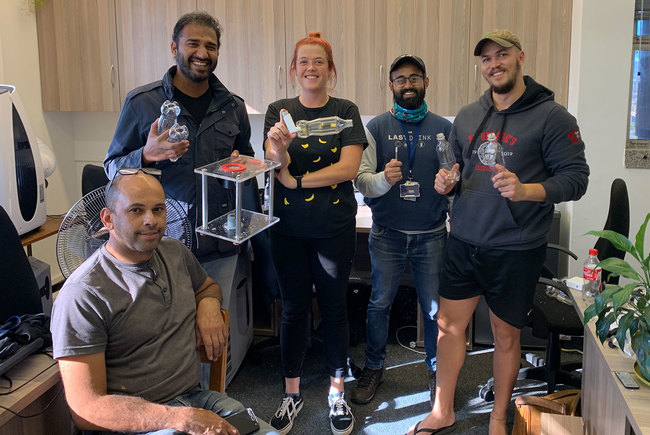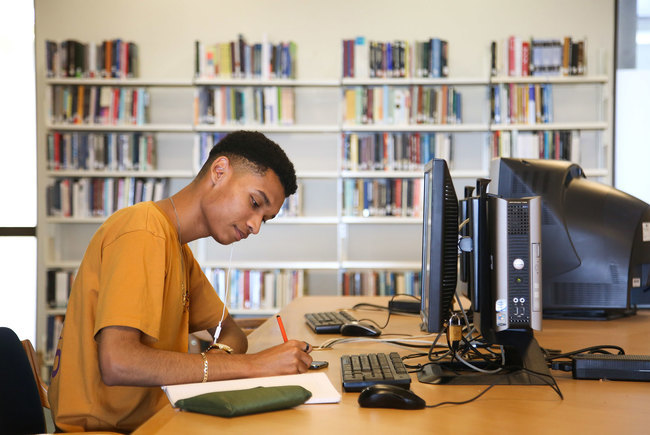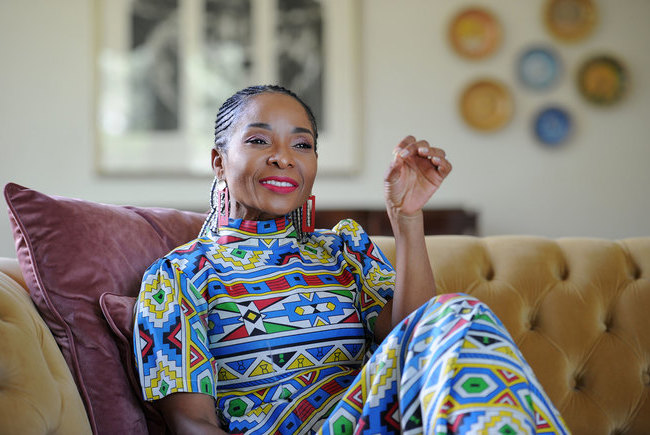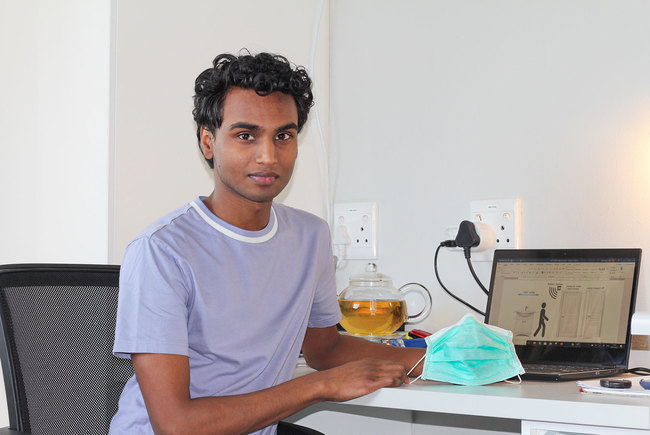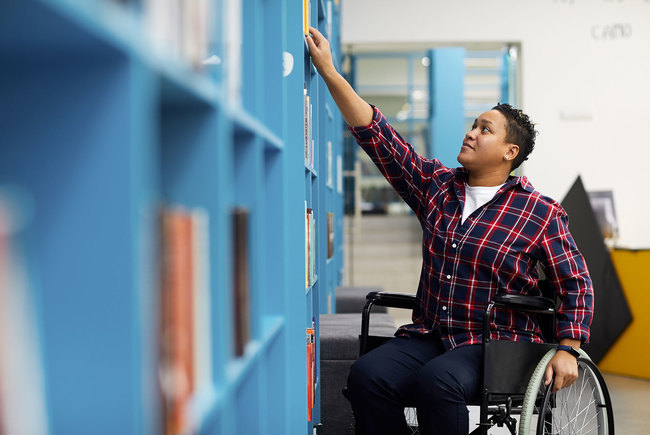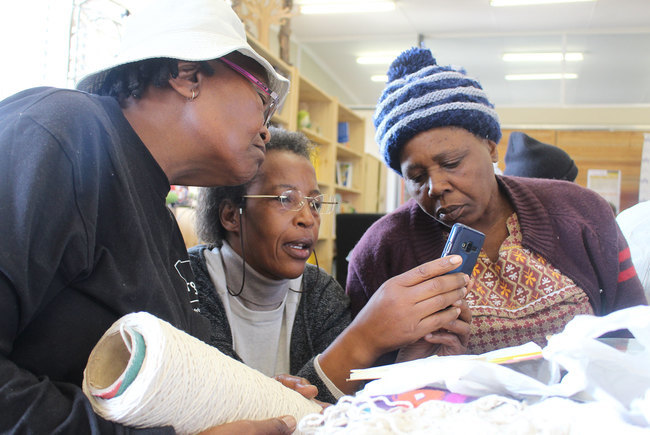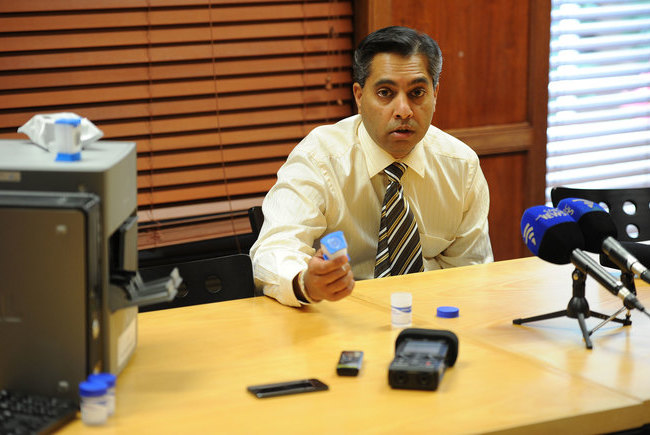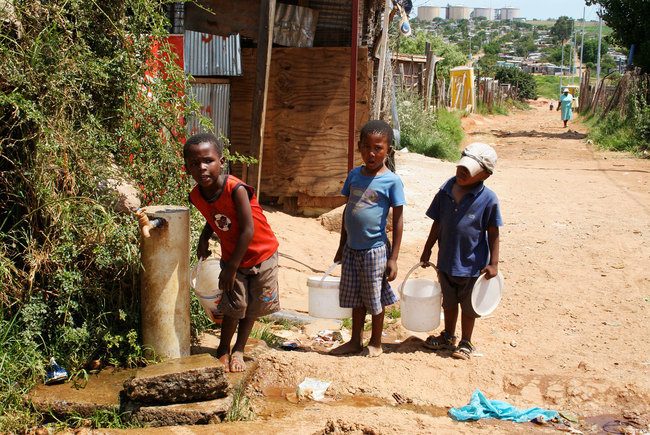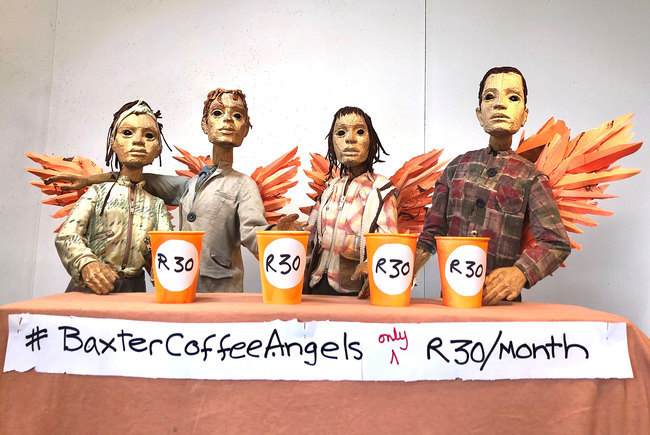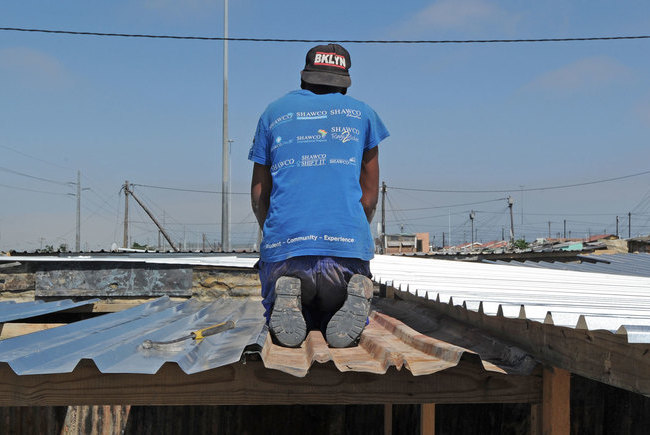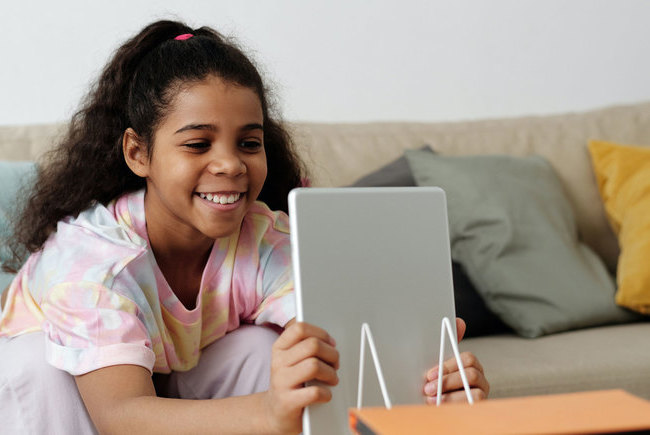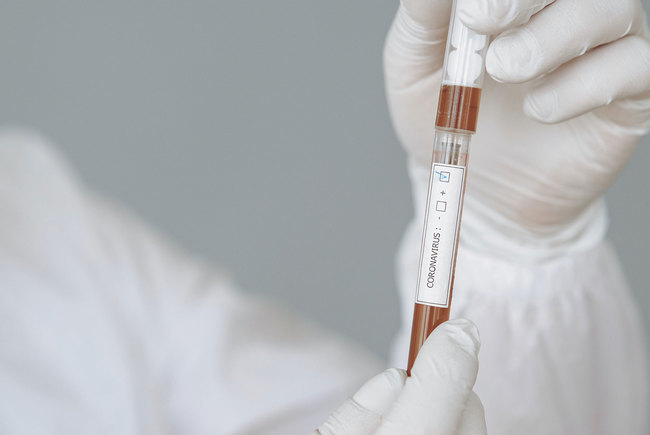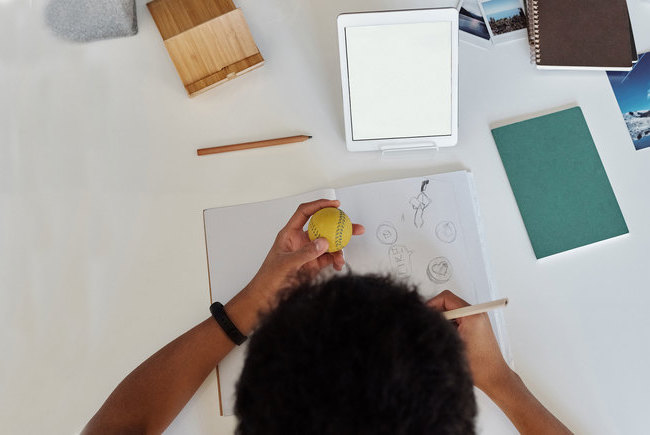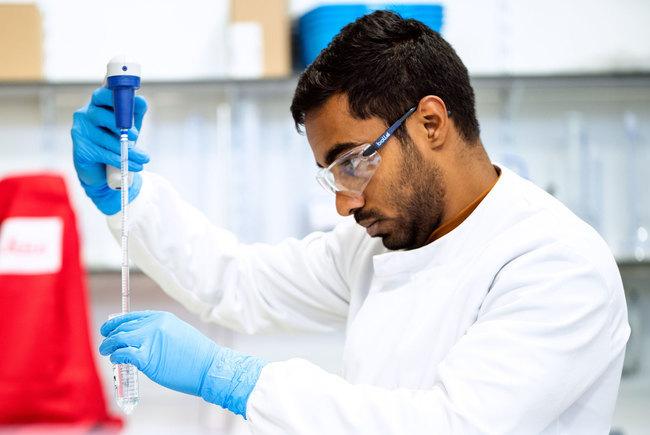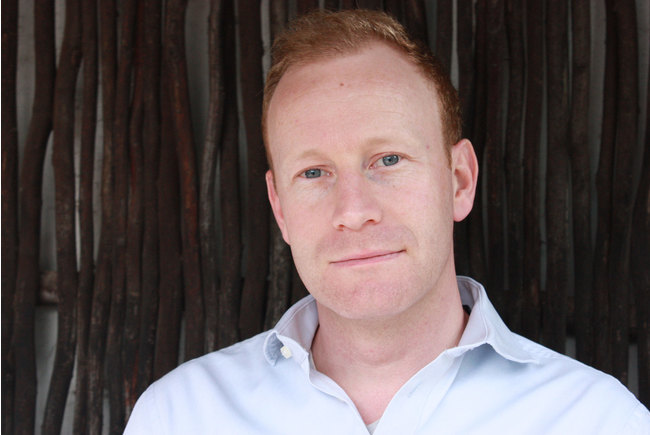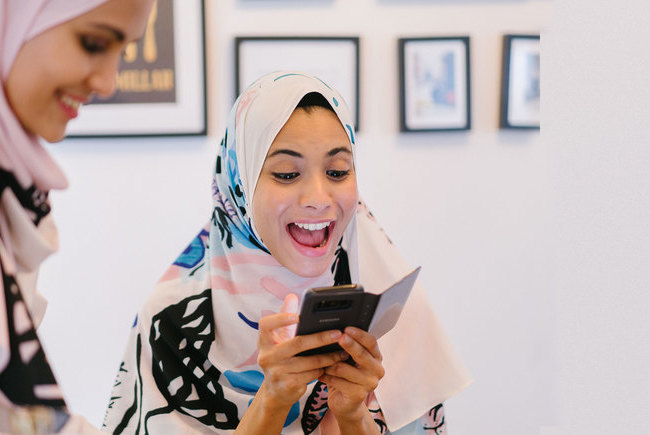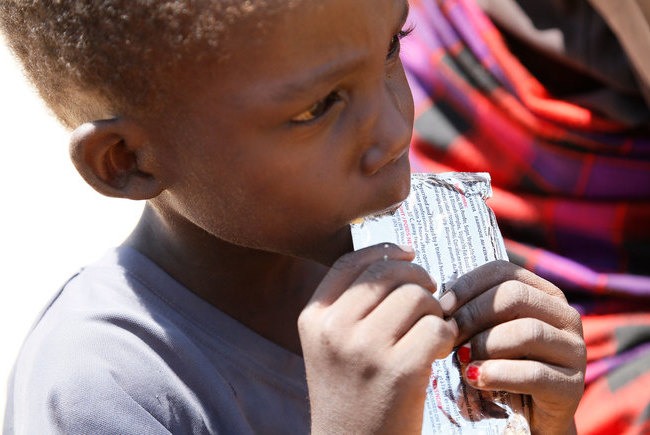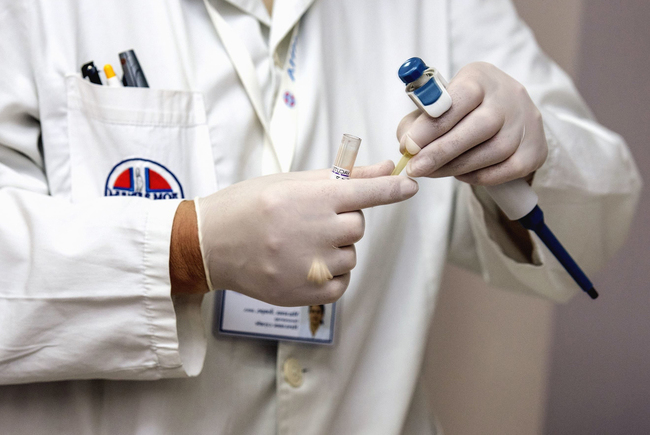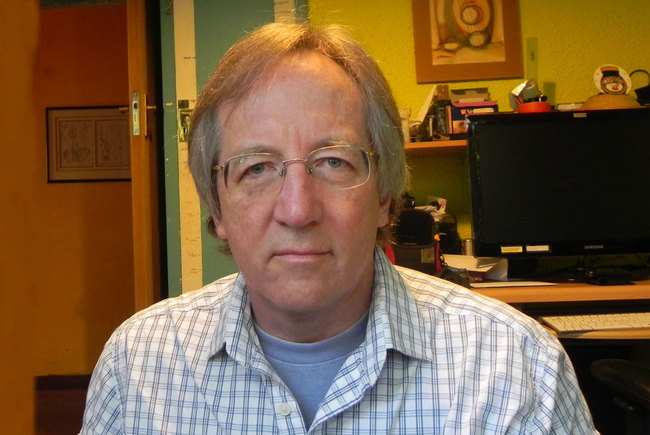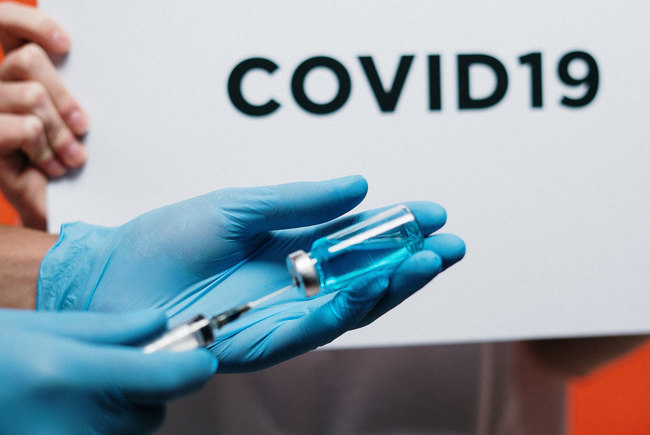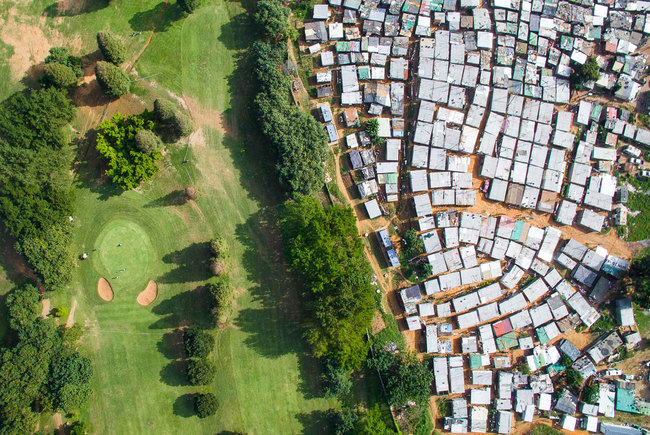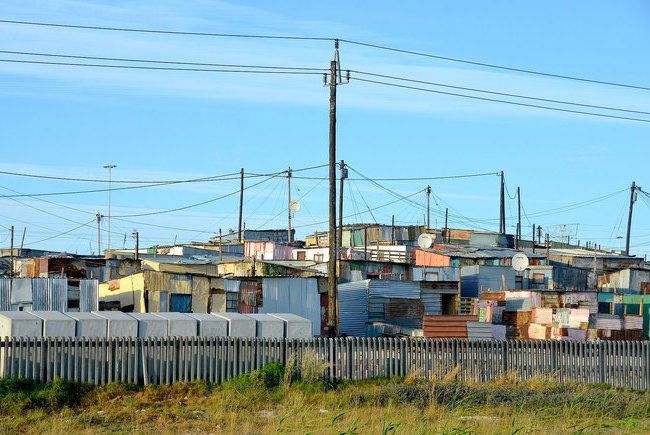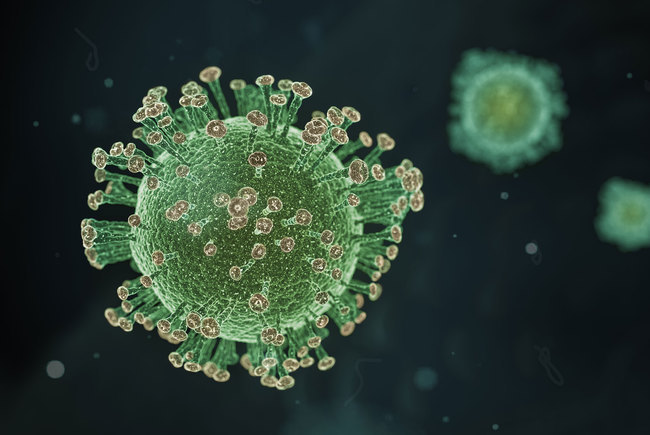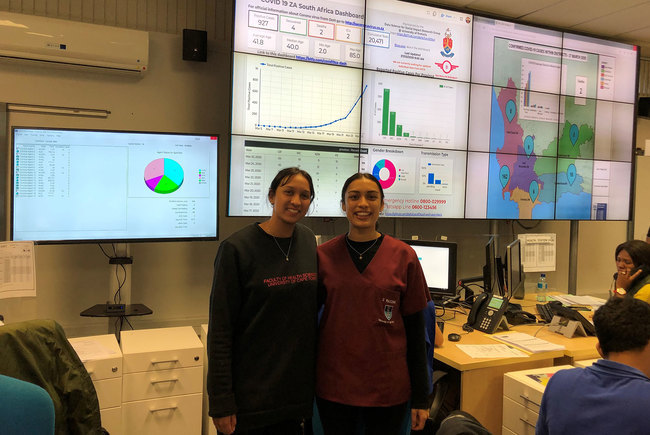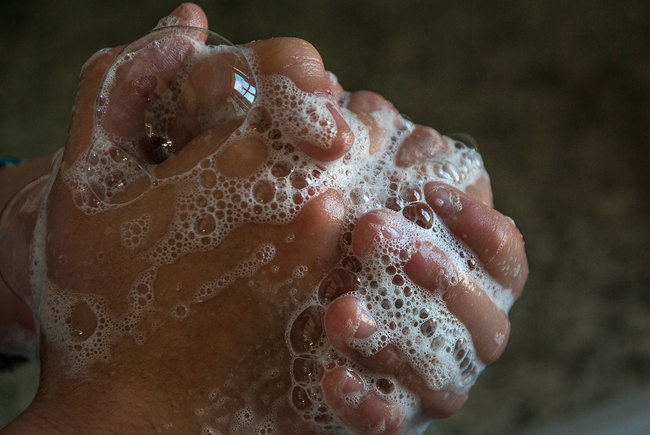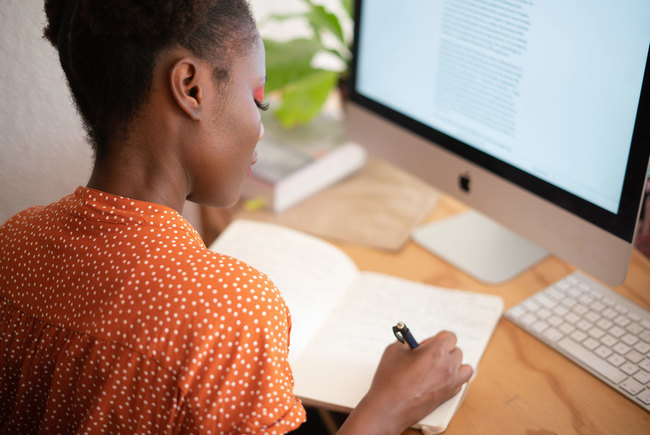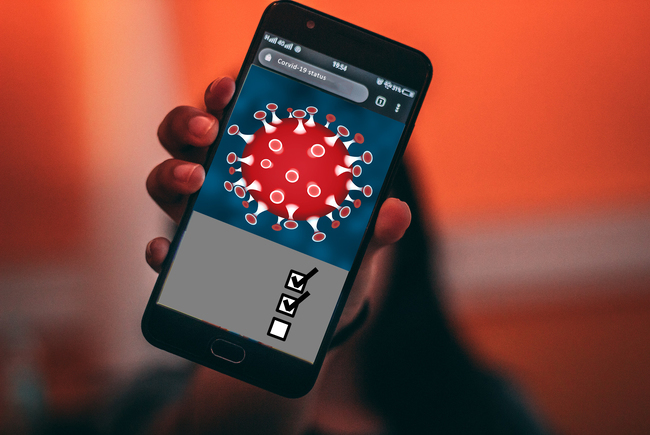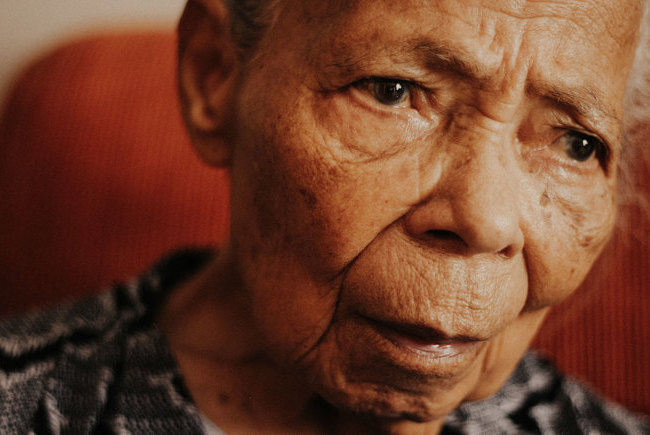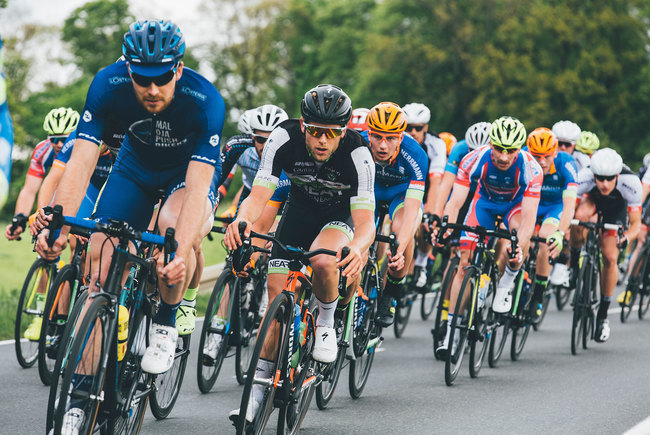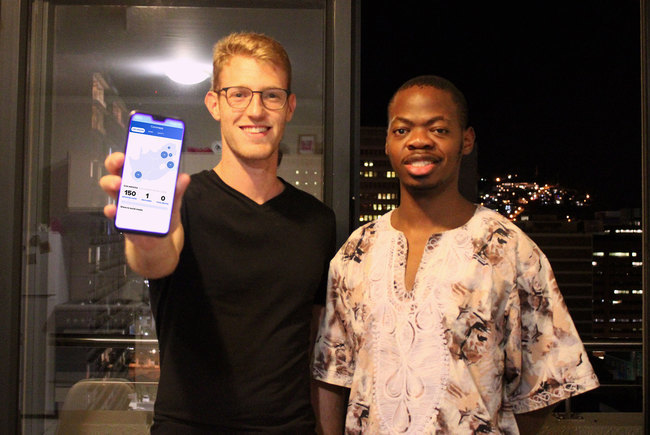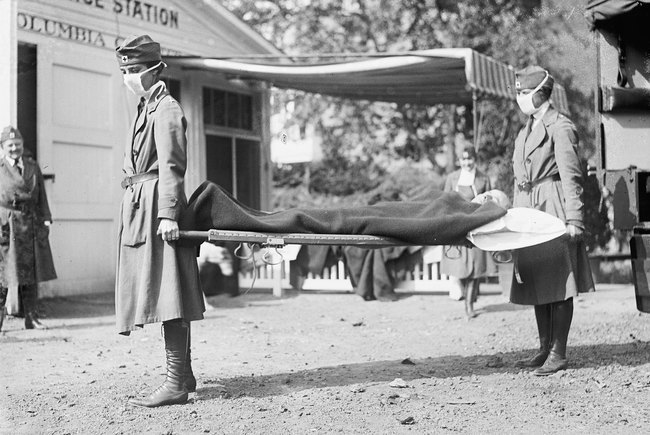Mask education project burgeons into creative remote teaching collaboration
18 August 2020 | Story Helen Swingler and Melissa Densmore. Photo Adobe Stock. Read time 10 min.
What started out as a fieldwork project for 10 postgraduate computer science and information systems students at the University of Cape Town (UCT) burgeoned into a multifaceted, interdisciplinary, creative learning experience using remote teaching and design thinking.
The students were asked to devise innovative solutions to the challenges people experience when wearing cloth face masks (or non-medical masks) to limit the spread of COVID-19. The result was a creative collaboration between the Centre in Information and Communications Technologies for Development (ICT4D) in the Department of Computer Science and the Hasso Plattner School of Design Thinking (d-school) at UCT.
The UCT Centre in ICT4D is a hub for researchers focused on the use of information technologies in South Africa, Africa and other developing regions. Researchers in the centre seek to create and understand ICTs that are appropriate for addressing issues in African contexts.
The project saw 10 honours, master’s and PhD students thrown in the deep end of online learning. The project also took on a life of its own, morphing into something very different to what the coordinators intended.
Initially the project tackled face-mask production and distribution (informing people where to get hold of face masks). However, after having scoped the problem, the students realised that the greater issue was a lack of information about wearing and using masks correctly, said Dr Melissa Densmore, a senior lecturer in computer science and a member of the Centre in ICT4D’s executive team.
Densmore and Dr Hafeni Mthoko co-teach the Introduction to ICT for Development course, and the project’s design-thinking component was led by the d-school’s Dr Nailah Conrad.
Too little understanding
The students’ research showed a poor public understanding of COVID-19 and how to wear a face mask safely.
“While many people were wearing masks, they were wearing the same mask day in and [day] out.”
“While many people were wearing masks, they were wearing the same mask day in and [day] out. They were not wearing it properly and were not washing it.”
After the first round of interviews, the data showed that the interviewees were more concerned about what types of face masks were safe to wear and were confused about the opinions of using medical masks, cloth masks, or two- or three-layered fabric masks.
In interviews with teachers, the students heard how teachers and parents were also struggling to get children to wear their face masks correctly. Student Rebecca Njuguna said: “Our team concluded that the biggest problem across the diverse pool of interviewees was the need for reliable information about masks – not necessarily the need for the masks.”
Reframed challenge
As a result, the team reframed the challenge, focusing on the problems specific to the groups that were interviewed. Both teams created prototypes and conducted video interviews with family and neighbours. This elicited a list of questions for further research.
Guidance Mthwazi, one of the students, said he was surprised by how little information there was in the public arena targeting school learners, particularly young children, about wearing face masks. And with schools now reopening, this was a concern.
To bring essential messages to young audiences, the students opted for a human-centred approach with ideas that would be usable and implementable.
One team came up with the idea of a children’s storybook about wearing face masks (in English, isiXhosa, Tshivenda and Afrikaans – with Swahili and isiZulu translations in process) and a follow-up quiz at the back of the book for ‘heroes’ to assess their new knowledge.
The second group developed a concept for a unified platform for government communications about COVID-19.
Design-thinking methodology
Design-thinking methodology was used to brainstorm ideas and come up with prototypes. Chikomborero Mwenje, a student, said that she loved this aspect of the project as it required intuition and a careful translation of data from the interviews into actionable ideas.
“The reflective and iterative nature of the design thinking provided an evaluation of the proposed solutions against the initial points of view from the participants and kept us on our toes,” she said. “It wasn’t about what the team thought was the best, but rather about constructing a solution from the participants’ perspectives.”
“Not only was this a particularly relevant project, but an example of just how successfully emergency remote teaching and learning can take place.”
Not only was this a particularly relevant project, but an example of just how successfully emergency remote teaching and learning can take place, said Densmore.
“Students were incredibly engaged and the project resulted in lively discussions, interactions and solutions to pertinent issues being faced in the pandemic. Despite physical-distancing limitations, the two student groups came up with innovative project concepts.”
Mthwazi said: “Given the fact that we barely knew each other, it was challenging in the beginning … but something interesting emerged because communication was mostly written and partly videoed, which gave team members the courage to be more engaged and do research on their own in the interest of bringing worthwhile ideas to the table.”
Njuguna said this was her first “100% remote project”.
“My team members and I created a private channel on Microsoft Teams, besides the breakout channel assigned in the main class channel. This gave us freedom to be more expressive and helped us relax, get to know [one another], crack jokes and even be vulnerable enough to share our difficulties,” she said.
“It created the backdrop for our presentation, and I credit our successful teamwork to this private channel.”
Mwenje added: “We met in person only twice before lockdown started ... Initially it felt like I was working with strangers, but even though some team members were affected by data constraints, we communicated using WhatsApp, MS Teams and emails to work and developed a strong family bond. The course convenors worked extra hard to make sure we were all comfortable with the communication platforms.”
Data constraints
The issue of data bundle constraints did affect participants – especially videoed conversations. And as Mthwazi said, lockdown regulations were a challenge to interviewing children, their target group. They overcame this by engaging people who had continual contact with their focus group, namely teachers, guardians and parents.
Njuguna said that gathering data and testing the prototype was another challenge.
“We had to depend on people around us, such as friends and relatives, which is less than ideal in terms of objectivity and being in the field interviewing strangers.”
Mwenje said the teams adapted fast to finish the course in time – and working on unique challenges felt like being part of a boot camp.
“We had to strategise as a group and think outside the box,” she said. “Because of lockdown we had to interview people we already knew, and there was a risk of getting biased results from people who did not want to disappoint us. However, our targeted participants were children, who gave honest opinions without thinking twice. Therefore, we got valuable feedback and continuously improved our prototypes.”
Outcomes
One of the outcomes of the course, which is open to all majors, is that it generated a high degree of social awareness and interdisciplinarity.
“Being able to work with students who are at different places in their academic journey was my favourite aspect of the project.”
Wallace Chigona, the director of the Centre in ICT4D, said: “The interdisciplinary nature of the project brought together students from different faculties and study levels, where they worked on practical issues – involving real people and issues – hands on. This was not just a theoretical project, but about students engaging with communities.”
This was also the first year that honours students participated.
Honours student Dino Bossi said: “Being able to work with students who are at different places in their academic journey was my favourite aspect of the project. As an honours student it was valuable to be able to learn from the experiences of master’s and PhD students and to engage with them in class and team discussions.”
Spread the word
As the project shows great potential to make an impact, the team leaders are working with illustrators for the book and talking to teachers about using the quiz at the back of the book to raise knowledge levels. They aim to use mobile platforms to distribute the book electronically.
The team members said that they would have loved to continue working on the project and to deploy it on a large scale … it certainly seems that the book and quiz address issues pertinent to communities right now at this time of the pandemic.
The centre invites students who would like to be a part of this groundbreaking, interdisciplinary course and to enrol for it in 2021 to contact Dr Melissa Densmore.
 This work is licensed under a Creative Commons Attribution-NoDerivatives 4.0 International License.
This work is licensed under a Creative Commons Attribution-NoDerivatives 4.0 International License.
Please view the republishing articles page for more information.
Coronavirus Disease 2019 updates
COVID-19 is a global pandemic that caused President Cyril Ramaphosa to declare a national disaster in South Africa on 15 March 2020 and to implement a national lockdown from 26 March.
UCT is taking the threat of infection in our university community extremely seriously, and this page will be updated regularly with the latest COVID-19 information. Please note that the information on this page is subject to change depending on current lockdown regulations.
Frequently asked questions
Daily updates
Campus communications
2020
Resources
Video messages from the Department of Medicine
Getting credible, evidence-based, accessible information and recommendations relating to COVID-19
The Department of Medicine at the University of Cape Town and Groote Schuur Hospital, are producing educational video material for use on digital platforms and in multiple languages. The information contained in these videos is authenticated and endorsed by the team of experts based in the Department of Medicine. Many of the recommendations are based on current best evidence and are aligned to provincial, national and international guidelines. For more information on UCT’s Department of Medicine, please visit the website.
To watch more videos like these, visit the Department of Medicine’s YouTube channel.
Useful information from UCT
External resources
News and opinions
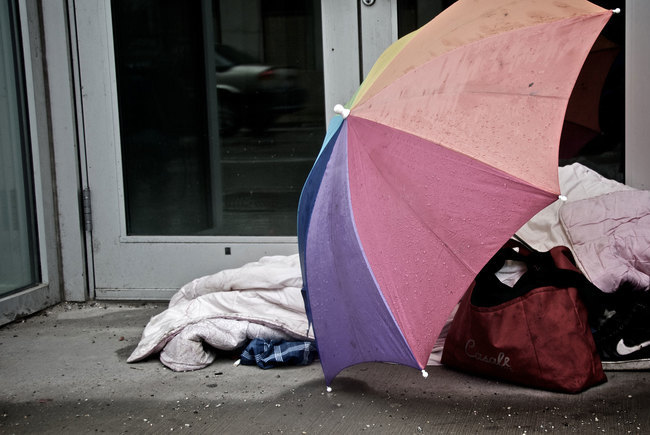
As the COVID-19 crisis drags on and evolves, civil society groups are responding to growing and diversifying needs – just when access to resources is becoming more insecure, writes UCT’s Prof Ralph Hamann.
03 Jul 2020 - 6 min read Republished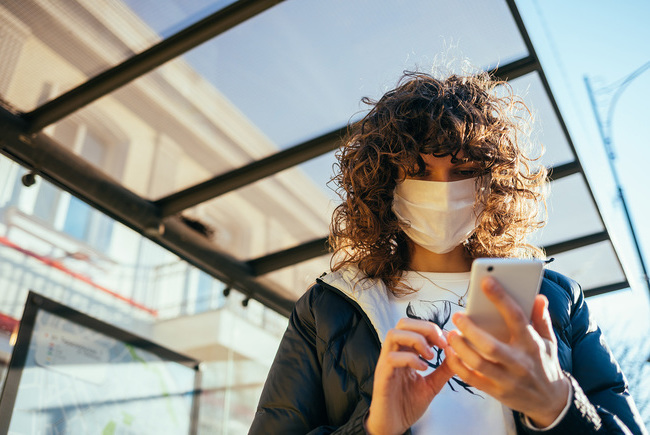
The Covid-19 crisis has reinforced the global consequences of fragmented, inadequate and inequitable healthcare systems and the damage caused by hesitant and poorly communicated responses.
24 Jun 2020 - >10 min read Opinion
Our scientists must not practise in isolation, but be encouraged to be creative and increase our knowledge of the needs of developing economies, write Professor Mamokgethi Phakeng, vice-chancellor of UCT, and Professor Thokozani Majozi from the University of the Witwatersrand.
09 Jun 2020 - 6 min read Republished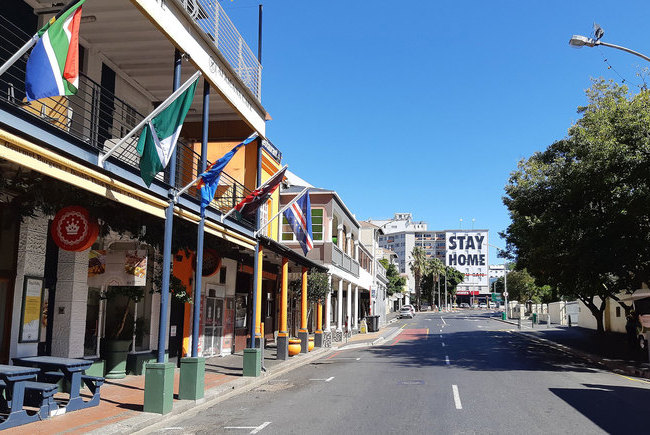
South Africa has been recognised globally for its success in flattening the curve, which came as a result of President Ramaphosa responding quickly to the crisis, writes Prof Alan Hirsch.
28 Apr 2020 - 6 min read RepublishedStatements and media releases
Media releases
Read more
Statements from Government
In an email to the UCT community, Vice-Chancellor Professor Mamokgethi Phakeng said:
“COVID-19, caused by the virus SARS-CoV-2, is a rapidly changing epidemic. [...] Information [...] will be updated as and when new information becomes available.”
We are continuing to monitor the situation and we will be updating the UCT community regularly – as and when there are further updates. If you are concerned or need more information, students can contact the Student Wellness Service on 021 650 5620 or 021 650 1271 (after hours), while staff can contact 021 650 5685.












